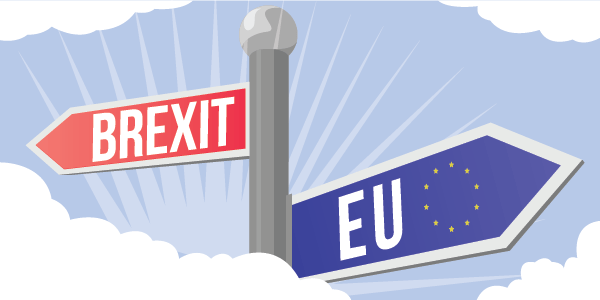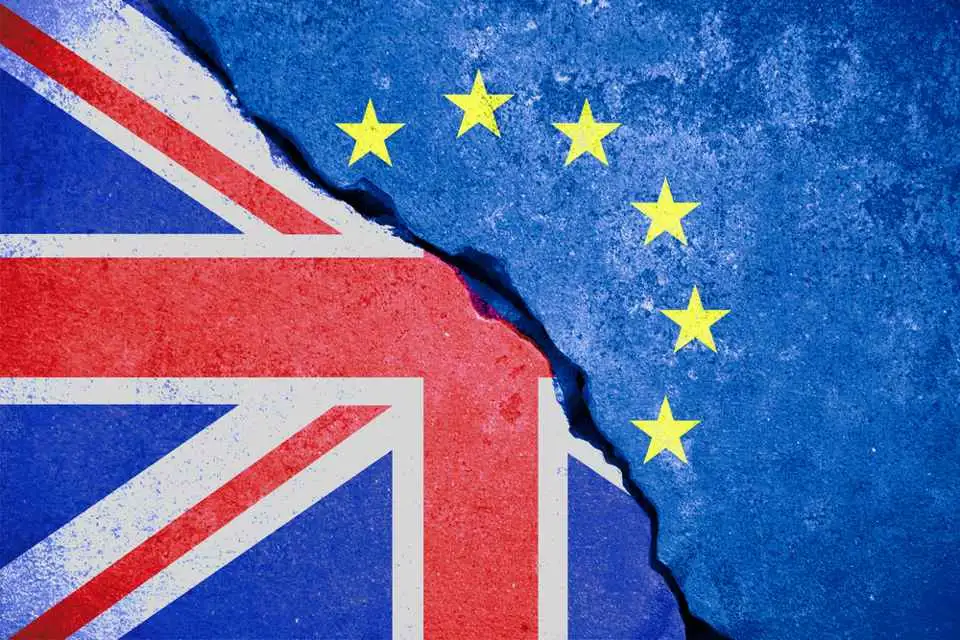

The Impact of Brexit on low/high skilled jobs
The weeks preceding the European Referendum saw a delicate and multifaceted issue defiled by divisive rhetoric and scaremongering from both brazen demagogues and from polarised members of the general public. Finger-pointing and point-scoring became the main political agenda, and this behaviour has since continued past the announcement of the leave campaign having secured an overall majority (with 51.9% voting to leave, against 48.1% voting to remain). The result? A somewhat confused and apprehensive nation in need of some informed, logical answers.
One of the key concerns that has been voiced across multiple demographics, discussed what the potential ramifications could be for employment, and the implications this may have on different job sectors. However, presently, a hasty Brexit looks unlikely. Consequently workers are unlikely to experience the full impact of any changes caused by the Brexit vote for some time yet. In reality, leaving the E.U. could take some years.
When interviewed by the BBC, former cabinet secretary Gus O’Donnell commented:
“Greenland’s decision to withdraw from the European Community, the organisation that preceded the EU, in 1985 offered the only precedent. Greenland has a slightly smaller population than Croydon and it has one issue, and that’s fish. So with one issue, small population, it took them not two years but three. We have multiple issues. The idea that we can do it all in two years I think is highly unlikely.”

Photo credit: donfiore / Shutterstock
Implications for those in highly skilled job roles
Currently, our nation faces a long period of economic uncertainty. Even before any changes are implemented as a direct consequence of Brexit, the outcome of the vote alone is likely to impact on some job sectors owing to the apprehension felt by EU-born staff.
The NHS is thought to be one of the institutions most likely to experience the brunt of this effect, with many of its staff having originated from European countries.
According to the nuffieldtrust.org.uk: ‘55,000 out of the 1.2 million staff in the English NHS are citizens of other EU countries, according to the English health service’s Electronic Staff Record. This includes doctors; nurses; other professionals like paramedics and pharmacists; support workers providing care; and administrative staff.’
With a large proportion of the staff originating from European countries, if staff choose to leave either, ‘Directly, through new restrictions preventing EU-born NHS staff from working in Britain, or indirectly, because EU-born staff will leave the UK pre-emptively due to the ‘uncertainty’ created when migration restriction becomes possible’; a NHS staffing crisis may ensue.

Photo credit: Monkey Business Images / Shutterstock
Britain could also be set to witness some significant changes across other industries.
As cited on the Guardian:
"Those which are likely to be most affected by Britain leaving the EU would be in the service sectors that trade with the EU and sectors that benefit from the free movement of labour,” says Angus Armstrong, director of macroeconomics at the National Institute of Economic and Social Research (NIESR). So this would include: financial services, tourism, construction and the automotive industry – which could lead to a loss of 950,000 jobs, according to an analysis by accountancy firm PwC for the CBI."
Could Brexit be Positive?
Whilst many fear the lack of economic certainty; a popular school of thought follows the notion that, the UK will soon be free from restrictive EU regulations, which may increasingly attract foreign investment due to the ease of investing.
Implications for those in low skilled job roles
The UK relies heavily on EU workers for many low-skilled roles. Waste and Recycle Operatives, Call Centre Operatives and farm labourers such as ‘Pickers’ historically employed a large number of EU immigrants. However, in recent years, as cited in the Guardian, that there has been as shift it the UK’s economics, with ‘British workers filling majority of low-skilled job openings.’ Despite this recent trend, the UK may also see some marked differences across low-skilled job sectors.
According to the Financial Times:
‘Some sectors of the UK economy have come to rely on EU workers: they account for almost 8 per cent of the 5.7m people employed in shops, hotels and restaurants, for example. It is not clear whether a post-Brexit immigration policy would admit low-skilled workers. Certainly, the UK’s current migration policy on non-EU migration does not. Three-quarters of EU citizens working in the UK would not meet the current visa requirements for non-EU workers.’
As noted on the Financial Times:
‘About 3m EU nationals are in the UK and they make up about 6.6 per cent of the workforce. It is likely that those already here will be allowed to stay. For a start, 71 per cent of them have been here for five years or more (based on 2015 data), which means they qualify for permanent residence.’

Photo credit: Gorodenkoff / Shutterstock
Implications on both high and low skilled job roles
Having already witnessed the fall of the British Pound/Sterling against the American Dollar following the results of the Brexit vote to, as noted by Reuters.com, ‘a 31-year low’, it is clear that some of the repercussions of the Brexit vote will have wider consequences on the public as a whole.
According to the Financial Times:
‘Before the financial crisis, nominal wages and productivity typically grew about 4% and 2% a year respectively. Since the crash, wage growth has crawled along at half the usual rate and productivity has almost stalled. For five years, workers endured real-terms pay cuts because prices in the shops were rising more quickly than salaries. That problem has reversed recently, but only because inflation has dropped to almost zero.’
‘The worry now is that — because the pound has dropped sharply — inflation will rise because imports will be more expensive. Many economists believe inflation will increase to between 2 and 3%. Unless employers offer higher pay rises (which seems unlikely at a time of economic uncertainty) that suggests real wage growth will peter out or even begin to fall again.’
The BBC notes:
The falling pound is good news for exporters because it means that their products become cheaper for foreign customers to buy, and thus more competitive.
The big questions
- Will Britain remain part of the European Economic Area (EEA)?
- If foreign investors decide to trade with the UK under new regulations; how will they protect themselves against the risk of changes in the law such as the reintroduction of customs duties and tariffs?